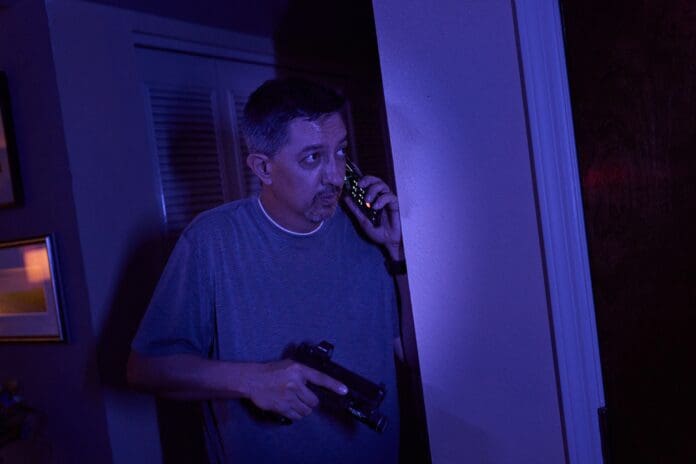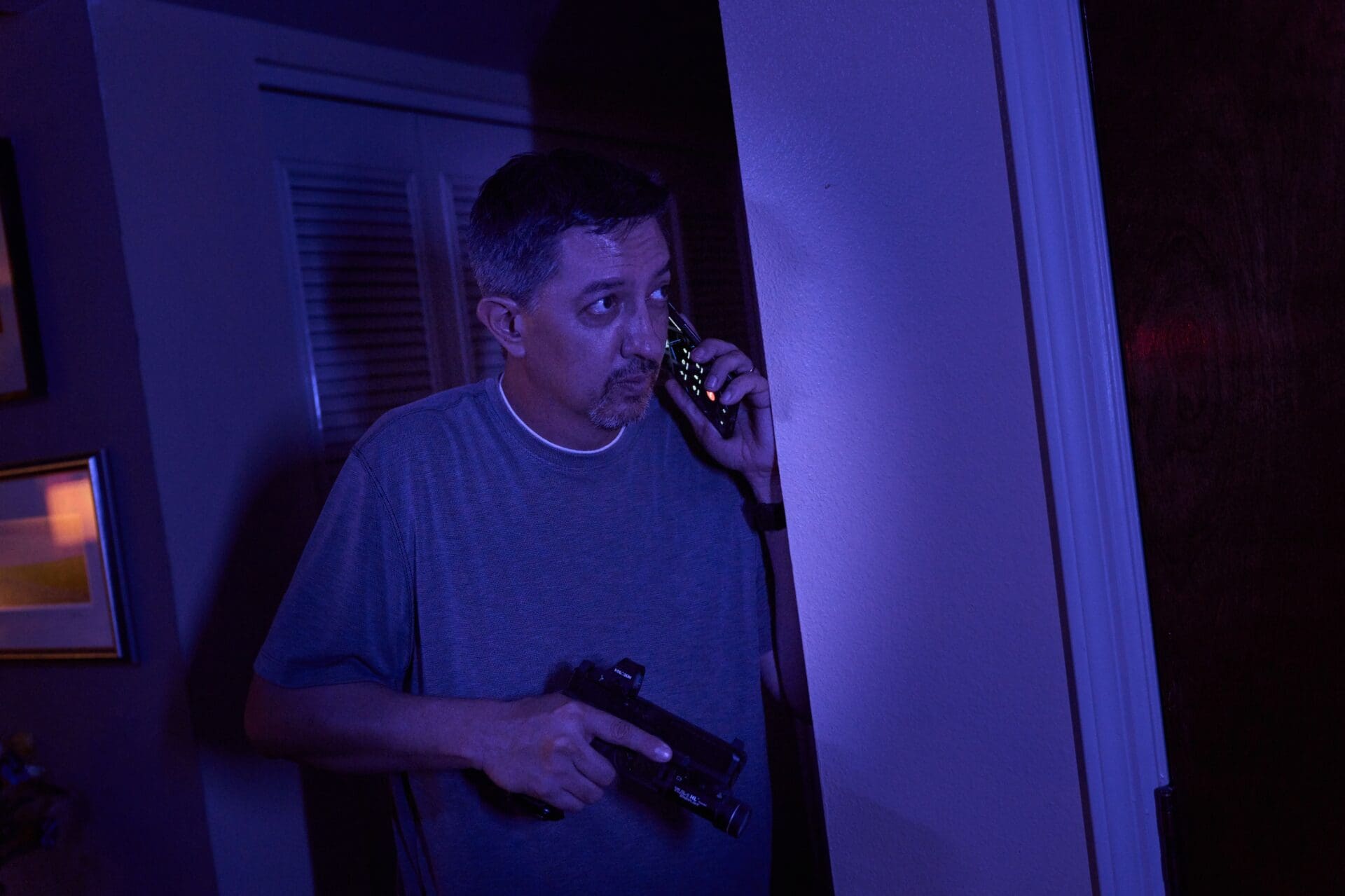
It may come as a surprise that several American cities mandate gun ownership among households. These communities may be small enough to have flown under the radar, however, the trend may become noticeable as a growing number of local leaders begin to encourage responsible firearm ownership in order to combat crime. This principle, its foundation firmly based on reason, stands in stark contrast to those of major cities that promote gun control and the disarming of law-abiding citizens. Ironically, as if competing in a race to be crowned most irrational, these major cities have also been ground zero for many “defund the police” campaigns.
History
Perhaps the most well-known mandate in the country started in Kennesaw, Georgia, in 1982, when a law was passed that requires the heads of every household to own and maintain at least one firearm. While the law is meant to deter crime, Lt. Craig Graydon, a 30-plus-year veteran of the Kennesaw Police Department states, “It was also more or less a political statement.” While the law is not actively enforced, it remains in place over four decades later. Today, the town has a population of around 33,000 people with two homicides on the books in over a decade and a violent crime rate under 2%.
In 2000, the Virgin, Utah City Council passed a similar mandate. While residents of the small town supported the initiative, most of whom were already gun owners, the law serves as more of a symbolic measure, not enforced by penalties for noncompliance, with mandate exceptions for convicted felons and the mentally ill.
A second Georgia town followed suit on April 1, 2013, when Nelson City Council passed the Family Protection Ordinance, which required the head of each household to own a firearm with ammunition or face a fine of up to $1,000. The City Council amended the Family Protection Ordinance after being sued by liberal gun control organization, Brady United, making clear that the mandate would not be enforced via fines or penalties against households who did not comply.
Also in 2013, Nucla, a small mining town in Colorado, passed the Home Protection Ordinance, a law identical to those previous. Similarly, not backed by enforcement measures, it serves as a political statement and a reminder to criminals that they may want to try the next town over. Comically, that next town over happens to be Telluride, a cosmopolitan film festival host populated by the vacation homes of liberal elites, with Oprah Winfrey spending approximately $14 million in 2014 for the privilege of owning one of the town’s most lavish mansions.
That Was Then, This Is Now…
While the admittedly limited nature of the previous examples may make them seem atypical, especially in an emerging trend discussion, it is important to note that much has changed since then, with recent developments focusing more on advisory action and respect for Second Amendment liberties rather than mandates. Let’s begin by looking at a more sweeping movement.
Constitutional Carry, which allows law-abiding residents to carry a concealed firearm without a permit, has grown tremendously, with 2023 seeing the country becoming a Constitutional Carry majority. In 2021, only 16 states had eliminated the need for government permission to exercise what is supposed to be a right. Only three years later, that number has increased to 29, all while gun control advocates have continued to expand their commitment to dismantle self-defense laws and the Second Amendment. It is safe, and gratifying, to say their efforts have backfired.
John Lott, founder and President of the Crime Prevention Research Center (CPRC), has been tracking the number of concealed carry permits since 1998. He notes that the expansion of Constitutional Carry has only seen permit applications fall slightly, though more Americans overall are carrying.
“In the constitutional carry states, there was a drop. In all the other states, there was an increase,” says Lott. He also notes that in states where required, the permit process can be expensive, disproportionately affecting low-income communities where crime is more prevalent, thus prejudicing those residents by restricting legal means to better protect themselves.
At the State Level
Just this month, Governor Greg Gianforte of Montana celebrated the state’s ranking as the fourth most gun-friendly in the nation, behind New Hampshire, West Virginia and Arkansas. Gianforte proudly announced, “We’ll continue to keep Montana a sanctuary for freedom and free enterprise, and we’ll always defend the rights of law-abiding Montanans.” The ammo.com rating describes Gianforte as “about as pro-2A as one can ask for,” citing Montana’s permitless open and concealed carry, reciprocity, with a Montana CCW making it legal to carry in 34 additional states while Montana honors CCWs from 43 others, and the lack of sales tax making purchases less expensive and more accessible to law-abiding citizens.
Governor Gianforte’s office released this statement. “In his first year in office, the governor made Montana a constitutional carry state and prohibited the enforcement of any federal law, executive order, rule, or regulation that infringes upon ownership, possession, transfer, or use of any firearm, magazine, or firearm accessory in Montana,” also saying the Governor has “consistently defended Montanans’ Second Amendment rights from federal overreach,” including in a letter last February to U.S. Attorney General Merrick Garland.
At the Local Level
In January 2024, Alaska’s Matanuska-Susitna Borough Assembly voted to encourage residents to own firearms and ammunition due to elevated concerns about crime and the lack of state troopers assigned to the area. The measure is meant to help deter crime throughout the borough and outlying communities as residents have become frustrated with authorities’ delay, or in some cases, lack of response. One of the sponsors of the resolution, which passed unopposed, is assembly member Ron Bernier who expressed that he would still encourage residents to be armed regardless of the number of troopers, adding, “The first defense is going to be yourself.”
Even Law Enforcement
In 2022, Santa Rosa County Sheriff, Bob Johnson, responded to mixed reactions surrounding his viral comments encouraging Florida residents to use deadly force against home invaders stating, “If someone is breaking into your house, you’re more than welcome to shoot. We prefer you to do that, actually.” While drawing both criticism and applause for his stance, Johnson stood by his comments, later adding, “If you shoot accurately, and you kill the guy, you save taxpayers money. And I also said that if somebody gets killed during a home invasion, the odds of them re-offending are zero. And we like those odds.”
Since those remarks, Johnson claims there has not been a single home invasion.
“It’s kind of ironic that, since that press conference, we haven’t had any home invasions, and it’s been over a year.” The sheriff also seized the opportunity to talk up Florida’s Stand Your Ground law, relieving residents from the obligation to retreat from an attacker before using deadly force to protect themselves, admitting that even with their 911 response being three to five minutes, a criminal can do a lot of damage in that time.
“You don’t have to retreat. You don’t have to give them warning. You don’t have to go barricade yourself in a room. You can shoot and kill them. And in the state of Florida, that’s perfectly legal,” he said.
There is no doubt that times have changed since Kennesaw, Georgia, mandated firearms ownership back in 1982, however, it is clear we have experienced accelerated polarization of society mixed with emboldened criminal activity, especially since “mostly peaceful” 2020 protests which saw cities burned, looted and vandalized to the tune of more than $2 billion in damages with over 1,000 wounded, including police officers, firefighters and EMS personnel. With the loss of control over our borders and major cities becoming increasingly violent places where law-abiding citizens are disadvantaged by the legal system sworn to protect them, it is hope-inspiring to see community leaders and authorities stepping up and recognizing the inalienable rights written into our Constitution.
We have a long path ahead of us, but those journeys always begin with a single step. Arguably, we have already taken those initial strides but must continue to push forward, reminding vigilant yet responsible residents it is their responsibility to look out for themselves, and ultimately each other. These tight-knit communities supported by their governing bodies and local authorities are the greatest deterrent to criminal activity. If you don’t believe that, country music star, Jason Aldean, puts it best, “Try that in a small town!”
Read full article here


